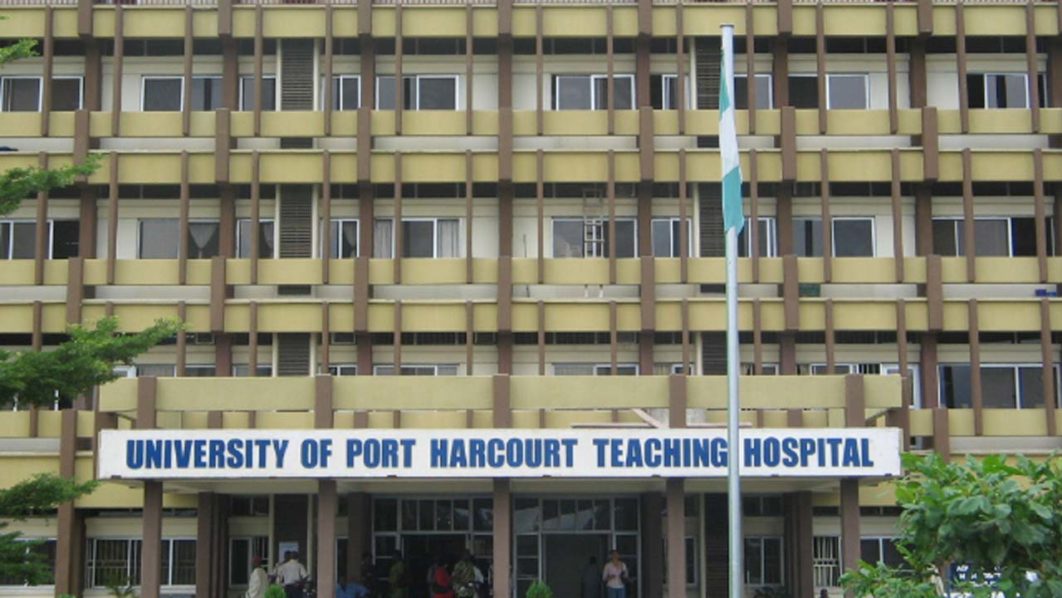
The Chairman Medical Advisory Committee (CMAC) of the University of Port Harcourt Teaching Hospital (UPTH), Prof Datonye Alasia, said it has taken a significant leap in healthcare delivery by embracing minimally invasive surgeries to improve patient outcomes and reduce recovery time.
Alasia, who said this during the hospital’s monthly presentation, highlighted the benefits of the cutting-edge procedures, which utilise cameras and delicate equipment to diagnose and treat various conditions without extensive cutting.
He said UPTH has successfully performed numerous minimally invasive surgeries, including laparoscopic appendix removal, hernia repair, and pediatric surgeries for posterior urethra valves, saying the procedures offer reduced scarring, less pain, and faster recovery times, making them an attractive option for patients.He noted that the hospital aimed to scale up these services, create awareness and promote “reverse tourism” to attract patients from within Nigeria and beyond.
Also, UPTH Director, Minimal Access Surgery Programme, Prof Emeka Ray-Offor, highlighted that the benefits of minimal access techniques include reduced pain, early recovery, and early return to work.
Ray-Offor explained that the hospital presented numerous successful cases across departments, including urology, general surgery, cardiology, interventional radiology, thoracic surgery, pediatric surgery, and gynecology.
He said: “Urology presented over 1,000 procedures, with 30 per cent performed using minimal access techniques. General surgery showcased 200+ procedures, including appendix and gallbladder removal.
“Cardiology and interventional radiology demonstrated advances in minimally invasive procedures. Pediatric surgery emphasised challenges but showed promise with under 50 cases. Gynecology also presented successful minimal access surgeries.”
Ray-Offor, however, encouraged the public to demand minimal access techniques when surgery is necessary, emphasising its benefits and availability in the hospital.
He, however, argued that dedicating funds to local healthcare infrastructure would not only save foreign exchange but also encourage private sector involvement and foster a sense of trust among citizens.
He suggested that the government should implement policies to discourage foreign medical trips for treatments available locally, citing India as an example, noting that regional centres of excellence can attract patients and drive growth in the healthcare sector.






